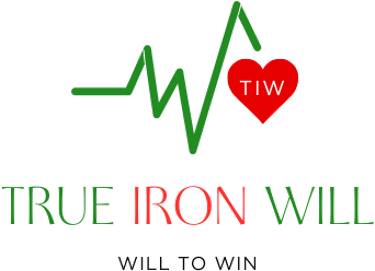The Missing Ingredient in Medicine?
Will Loiseau
5/3/20251 min read


We all know diet impacts health, yet the average medical student gets shockingly little dedicated nutrition education, despite a 1985 recommendation by the National Research Council that medical students receive a minimum of 25 hours of nutrition education.
Here's what we know:
According to the most recent survey of US medical schools accredited by the Liaison Committee on Medical Education (LCME), the typical medical student receives an average of only about 19 hours of nutrition training over their 4 years of undergraduate medical education.
The Accreditation Council for Graduate Medical Education (ACGME), which sets the standards for residency and fellowship programs, does not explicitly require expertise in nutrition for most specialties and subspecialties.
The lack of required nutrition education is illogical considering the body of scientific evidence that shows certain diets or foods can act as medicine, particularly in healing the body and preventing and managing chronic diseases.
It's not just a knowledge gap; it's a visceral disconnect from food and nutrition as a primary way to heal.
Think about it: we trust doctors with complex procedures and medications, but the fundamental act of nourishing ourselves is often a blind spot in their training. Imagine a world where your doctor views your plate as powerfully as their prescription pad.
This isn't about blaming anyone, but about recognizing an opportunity to provide medical students with a "more robust nutrition foundation" and revolutionize healthcare from the ground up.
Start Your Transformative Journey Today
© 2026 True Iron Will LLC. All Rights Reserved .
Mailing Address:
1317 Edgewater Drive #1297
Orlando, FL 32804
TrueIronWill1@gmail.com
